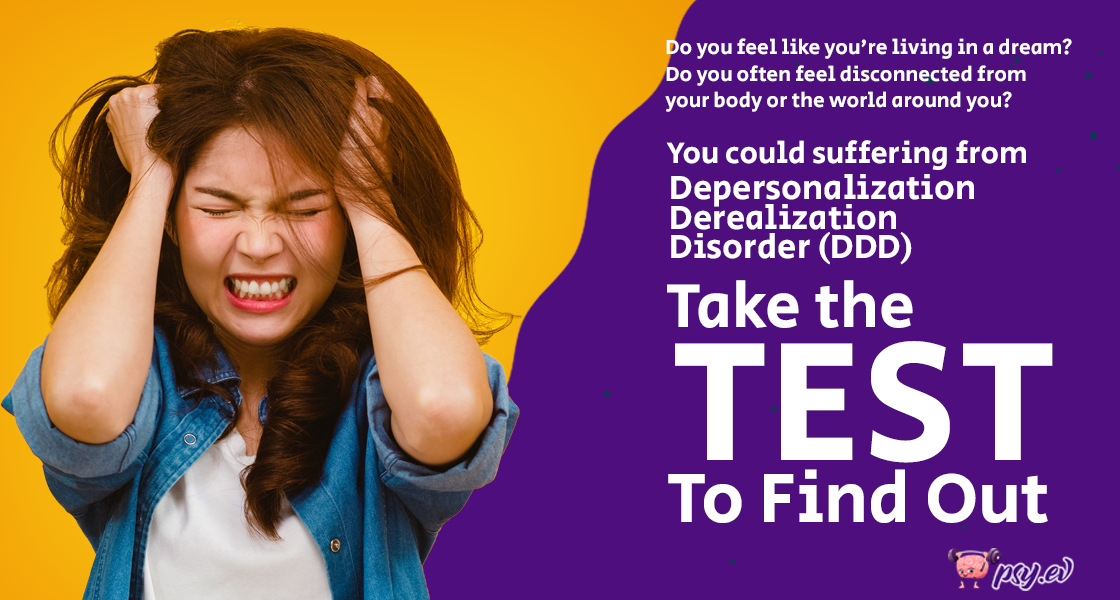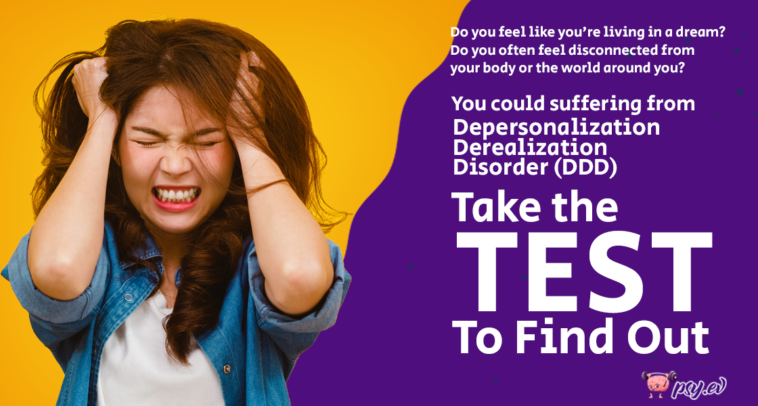Depersonalization-Derealization Disorder (DDD) is a mental health condition that can have serious and life-threatening consequences if left untreated. Fortunately, there’s now a Depersonalization Disorder Test that can help you determine whether or not you suffer from this disorder.
This test can be used to diagnose DDD quickly and accurately, allowing individuals who struggle with the condition to receive treatment before it’s too late. It’s important for everyone to understand what Depersonalization Disorder is and how it affects people.
I get a feeling as if I am observing myself from the outside
I feel like I live in a dream when I’m awake
It feels as if I am not in total control of my speech or movements
It’s as though I’m on autopilot
I feel like my body is not a part of me
I find it hard to accept what I am touching as real
When I am looking at the mirror, I wonder, “Is that really me?”
I have the sense that my body appears distorted
I get a feeling that my limbs are enlarged or shrunken
I feel as if I’m watching the world play out behind a screen
I feel detached from what is happening around me
Surroundings seem too large and beyond my scope of understanding
If your test result indicates that you may have symptoms of depersonalization disorder, you will need further evaluation to confirm the diagnosis. This online test is based on the diagnostic criteria of Depersonalization-Derealization Disorder. One with Depersonalization Disorder has continuous or periodic experience of feeling detached from his or her own self (depersonalization) and/or perception of distorted outside reality (derealization).
Symptoms of depersonalization and derealization could occur at the same time or separately from each other. Self-assessment tests are only for initial evaluation. If your test results indicate that you have depersonalization-derealization disorder, you should get in touch with a qualified mental health specialist for further evaluation.


